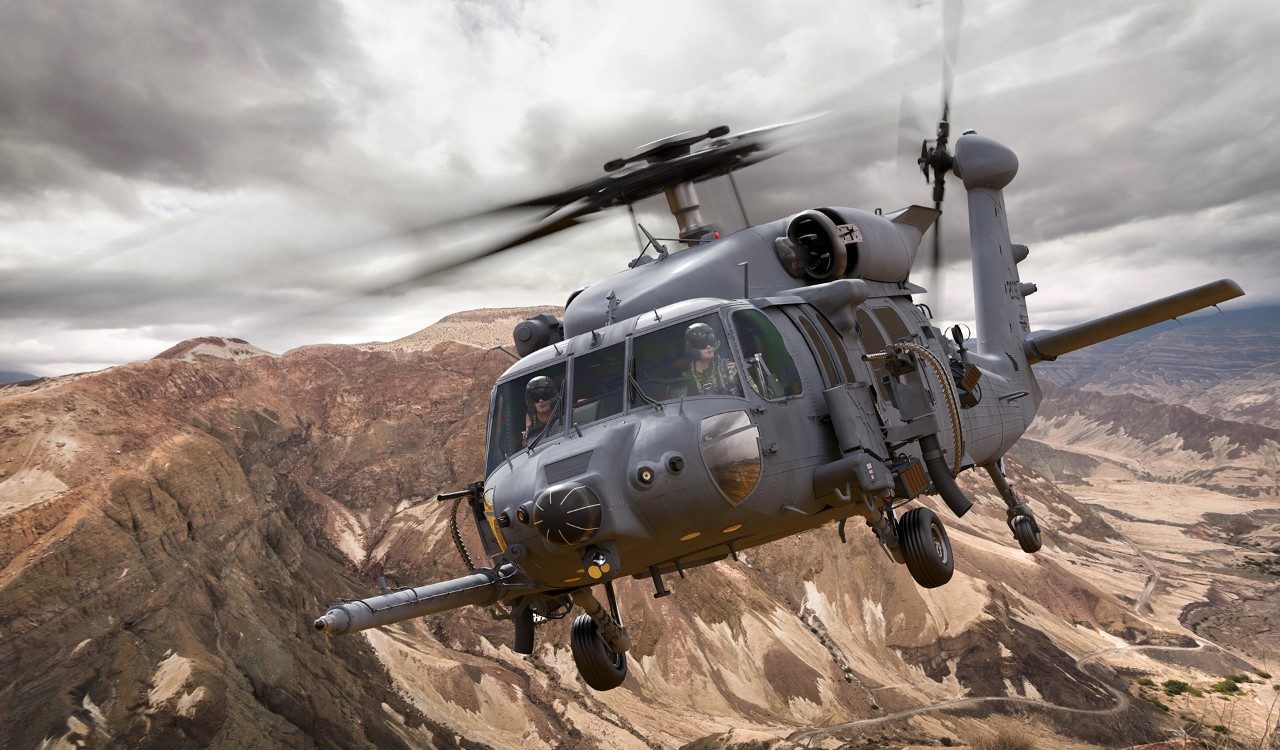The Influence of Sustainable Practices on the Future of Airplane Procedures and Emissions Reduction
As the aviation industry faces boosting analysis over its environmental effect, the fostering of sustainable practices emerges as a critical path toward future airplane operations and exhausts reduction. Advancements in lasting aviation gas and advancements in hybrid propulsion modern technologies stand at the forefront of this change, encouraging considerable decreases in greenhouse gas exhausts.

Introduction of Sustainable Practices
Sustainable practices in aircraft procedures incorporate a series of techniques aimed at decreasing ecological impact while maintaining operational efficiency. These practices are important in the aeronautics industry's dedication to reducing its carbon footprint and sticking to international ecological criteria. Key campaigns consist of optimizing trip paths to reduce fuel usage, improving maintenance protocols to ensure aircraft run at peak performance, and applying innovative modern technologies such as winglets and light-weight products that boost the rules of aerodynamics.

Involving and educating staff on sustainability methods also play an important function, fostering a society of ecological responsibility within organizations. On the whole, the integration of these sustainable methods not just helps lower emissions but likewise improves the long-term stability of the aviation sector, ensuring it meets the demands of both clients and regulative bodies while adding to international sustainability goals.
Innovative Fuel Alternatives
Various ingenious fuel options are arising as essential remedies to lower the aeronautics industry's dependence on standard fossil fuels. Among these alternatives, Sustainable Aviation Fuels (SAFs) have gotten significant focus due to their possible to lower lifecycle greenhouse gas discharges by up to 80% contrasted to standard jet gas. SAFs are originated from numerous feedstocks, consisting of waste oils, agricultural residues, and even algae, making them a versatile option for the sector.
Another encouraging option is hydrogen fuel, which, when made use of in gas cells, generates only water vapor as a byproduct. In addition, electric propulsion systems are being explored, leveraging battery innovation to power aircraft.
Finally, biofuels originated from biomass are being investigated, using a renewable alternative that can be blended with typical fuels. Jointly, these ingenious fuel choices represent a critical step toward accomplishing a lasting air travel ecosystem, lining up with global discharges reduction targets and improving the sector's ecological stewardship.
Technical Advancements in Air Travel

Just how can technological innovations reshape the future of aeronautics? The assimilation of cutting-edge modern technologies is pivotal in changing airplane procedures, boosting performance, and decreasing discharges. Technologies such as hybrid and electric propulsion systems are at the forefront, appealing considerable decreases in gas intake and greenhouse gas emissions. These systems take advantage of innovations in battery innovation and energy administration, allowing airplane to operate with a reduced ecological footprint.
Additionally, the implementation of advanced he said materials, such as lightweight composites, adds to improved the rules of aerodynamics and fuel effectiveness. Using man-made knowledge and artificial intelligence in trip procedures enhances course planning and reduces fuel shed by allowing real-time modifications based upon weather condition and traffic problems. In addition, the development of independent and from another location piloted aircraft systems stands to transform freight and passenger transportation, potentially enhancing performance while minimizing human mistake.
Additionally, lasting aviation technologies, consisting of sophisticated air website traffic management systems, can minimize and simplify procedures congestion, resulting in reduced exhausts throughout flight. These innovations jointly represent a paradigm shift in air travel, assuring a future where sustainability and functional efficiency are linked, thereby sustaining the industry's dedication to reducing its ecological effect.

Regulatory Framework and Compliance
In light of the growing emphasis on ecological stewardship within the aviation field, the regulative framework governing aircraft procedures is progressing to advertise lasting methods. Regulative bodies, such as the International Civil Aviation Organization (ICAO) and various nationwide air travel authorities, are presenting rigid guidelines targeted at minimizing emissions and enhancing functional effectiveness.
These regulations often include the fostering of Sustainable Air travel Gas (SAF), which has actually been acknowledged as a vital element in attaining reduced carbon footprints. Moreover, compliance with these regulations needs airlines to execute advanced technologies and operational techniques, such as optimized trip courses and enhanced air website traffic monitoring, to lessen fuel usage.
Additionally, the enforcement of exhausts read this trading plans and carbon countering campaigns is coming to be significantly common, compelling airlines to monitor and report their emissions properly. Non-compliance can lead to substantial fines, thus pushing operators to prioritize sustainability in their service versions.
Inevitably, the evolving regulatory landscape not just drives innovation and investment in environment-friendly technologies however likewise fosters a society of responsibility within the aviation sector. As these structures remain to establish, the emphasis on lasting methods will certainly be integral to accomplishing the market's lasting ecological objectives.
Future Patterns in Airplane Procedures
As the air travel sector adapts to a progressively rigorous regulatory environment, future trends in airplane procedures are readied to concentrate on cutting-edge solutions that even more boost sustainability and efficiency - uh 60. Key advancements will likely consist of the fostering of advanced air traffic administration systems, which use real-time information and expert system to maximize flight paths, decreasing gas intake and exhausts
Another substantial trend is the enhanced integration of lasting air travel gas (SAFs) These choices to traditional jet gas, obtained from eco-friendly resources, can dramatically decrease lifecycle greenhouse gas emissions. The market's commitment to SAFs will likely accelerate as airlines team up with fuel producers to make sure accessibility and cost-effectiveness.
Additionally, the press in the direction of electrification and crossbreed propulsion systems is gaining momentum. Arising airplane layouts will incorporate these modern technologies, using quieter and more efficient procedures, specifically for short-haul flights.
Final Thought
Finally, the integration of lasting methods in aircraft operations holds significant possibility for exhausts reduction and enhanced efficiency. The adoption of sustainable air travel gas, paired with developments in electric and hybrid propulsion systems, is crucial for lessening lifecycle greenhouse gas exhausts. Enhancing flight courses and embracing cutting-edge modern technologies contribute to a quieter and much more eco friendly aeronautics industry. Collectively, these efforts straighten with global sustainability goals and lead the way for a greener future in air travel.
Advancements in sustainable aviation fuels and innovations in hybrid propulsion modern technologies stand More Help at the center of this change, promising significant reductions in greenhouse gas exhausts.Numerous cutting-edge gas alternatives are emerging as pivotal services to minimize the aviation market's reliance on conventional fossil fuels - uh 60. Amongst these options, Sustainable Air travel Fuels (SAFs) have actually gained considerable interest due to their possible to decrease lifecycle greenhouse gas discharges by up to 80% contrasted to traditional jet fuels.An additional considerable trend is the increased assimilation of sustainable aeronautics gas (SAFs) The fostering of lasting aviation fuels, coupled with innovations in hybrid and electrical propulsion systems, is essential for lessening lifecycle greenhouse gas discharges